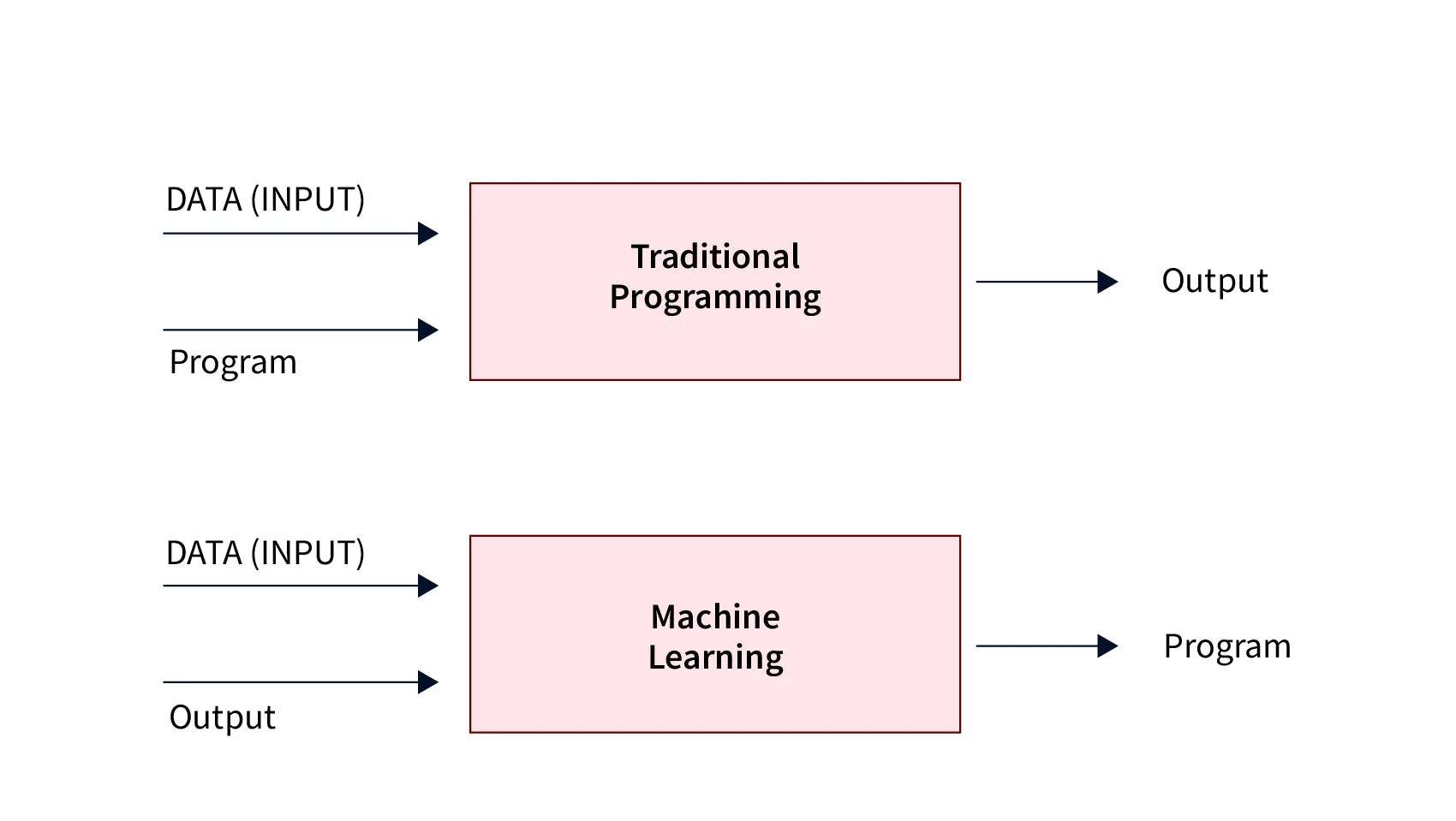
What is Machine Learning?
Machine Learning (ML) is a type of Artificial Intelligence (AI) that can automatically learn from data by using statistical learning algorithms. It can identify hidden patterns within the data and improve its performance with experience without needing to be specifically programmed.
Evolution of ML
The history of machine learning began with Alan Turing, who invented the "Turing Test." However, in 1943, Walter Pitts and Warren McCulloch presented the first mathematical model for neural networks. In 1957, Frank Rosenblatt created a neural network called the perceptron, and ten years later, the nearest neighbor algorithm was developed, giving computers basic pattern recognition capabilities. Significant advancements occurred in the 1970s and 1980s, but it wasn't until 1997 that machine learning gained global attention when IBM's Deep Blue defeated the world champion in chess. Today, machine learning is thriving as organizations like DeepMind, Google Brain, and Open-AI bring AI to the forefront. ChatGPT is a recent development that has generated excitement in the field, as it can create text that appears to be written by a human.
How does ML Works?
To comprehend machine learning, it's necessary to understand how it operates. A machine learning algorithm is designed to learn patterns from data. To accomplish this, the algorithm is trained with a set of data samples. The algorithm has an objective function it tries to achieve, and it undergoes repetitive training until it meets a certain level of performance. After the training phase is completed, the model is tested on new and unseen data, known as test data, to generate insights.
Why is ML Important?
Machine learning has enabled governments and other organizations to extract valuable insights from existing data that were previously overlooked. This has resulted in significant time and cost savings. Furthermore, machine learning has become a critical factor in distinguishing organizations from their competitors.
Types of Machine Learning
Broadly, machine learning algorithms fall under one of the four categories. They are;
Supervised Machine Learning
Unsupervised Machine Learning
Semi-supervised Machine Learning
Reinforcement Learning
ML Applications
Machine learning has revolutionized numerous industries, such as e-commerce, finance, medicine, and retail. Companies have adopted various machine learning applications to increase efficiency and reduce costs, resulting in significant time and money savings. The impact of machine learning is so profound that its applications warrant a dedicated article to explore its many uses.
ML Trends in the 21st Century
In 2022, AutoML has emerged as the most remarkable research and business track of machine learning. AutoML is democratizing machine learning by automating each step of the machine learning process, eliminating the need for manual intervention. Stable diffusion is another trending application, which generates digital images from natural language descriptions. Whisper AI is delivering an exceptional hearing experience by utilizing cellphone-level processors. ChatGPT, which was released in late November, has taken the internet by storm. It utilizes advanced techniques to generate text based on written prompts, surpassing the capabilities of voice assistants like Siri and Alexa. Additionally, machine learning practitioners worldwide are focused on developing TinyML, MLOps, Robotic Process Automation, and other related topics.
Advantages and Disadvantages of ML
The quality of a machine learning model is directly proportional to the quality of the data used to train it. If the data is noisy, the model will not generate meaningful insights. Moreover, even the results generated by complex machine learning algorithms may suffer from interpretability issues. Additionally, training machine learning algorithms is a memory and time-intensive process, as complex models require huge storage space to store millions of parameters, and the calculations involved are computationally complex. Furthermore, malicious applications of machine learning, such as AI-boosted cyber-attacks, are being employed by hackers. Nevertheless, the impact of machine learning cannot be overlooked, as it has brought about significant advancements in many fields.
That's the end of the article Readers!
Will be explaining more in the following blogs!
The field of machine learning is concerned with the question of how to construct computer programs that automatically improve with experience. - Tom Mitchell.
Keep your curiosity alive and do follow me for more such Articles! 😃